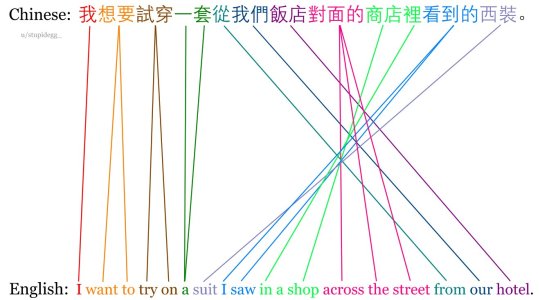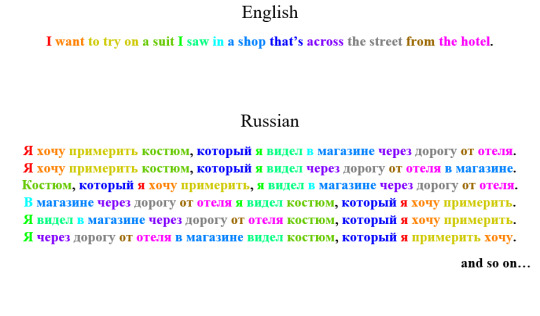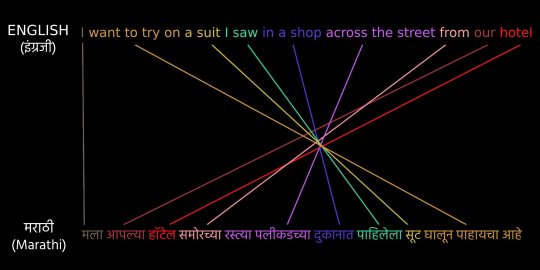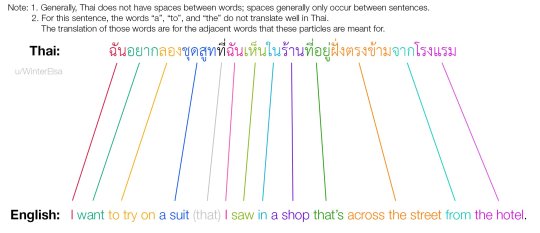Photo



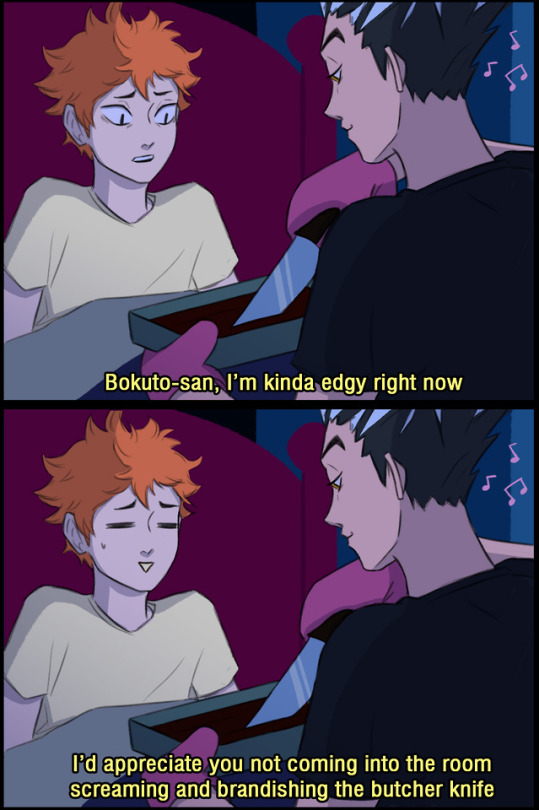





based on that iconic moment in The Simpsons ÑALDKFJAD best temporary dad Bokuto 💕
16K notes
·
View notes
Note
hello! i'm only starting to learn japanese and i'm finding it hard to know where i should start with the kanji. do you really have to learn kanji separately and memorize both their pronunciations or can you just learn the kanji in the vocabulary?
omg no! don’t stress yourself out like that anon!!
okay, i’m going to be real with the japanese language learning community: you all are doing waaaaaaaay too much when it comes to kanji.
there. i said it.
learning kanji does not have to be a headache!
i spent the first 6 months of my japanese learning “career” (for lack of a better word) trying to figure out the best way to learn kanji because every website and book was like “here’s the kunyomi, here’s the onyomi, now learn them both” but the fine print of that learning method says “you’re going to f*cking struggle”
but then i started realizing that kanji i read all of the time, i didn’t even “properly” study like those articles said. i didn’t know the kunyomi and onyomi for 行 for ages, but i knew it was read いく in 行く and こう in words like 旅行 and 直行. because i learned those words in context and on their own.
a few months after i came to japan, i started asking japanese people how they learned kanji and every single one of them answered the same way: they learn through vocabulary. i once asked my boyfriend how he learned kanji in grade school, and he said that they were basically given a kanji, and then they were given a list of vocabulary that included that kanji. they then memorized the vocabulary and grew to know the kunyomi and onyomi readings.
which, spoiler: kunyomi and onyomi is not always an accurate measure. lots of compounds use the kunyomi, some of them add dakuten (as in ちゅうごく instead of ちゅうこく in 中国), and others add っ (as in ちょっこう instead of ちょこう in 直行). this really isn’t something you can just magically guess.
but it’s important to remember that everyone learns differently. i don’t learn individual kanji – i learn kanji within various vocabulary words. i make sure to get as much exposure to the various ways a single kanji can appear within a larger compound, so 高 is not just a single kanji, but it is 高い and 高校生 and 高価.
i do, however, think it’s important to understand the meaning of a kanji. this can help you decipher the meaning of a word you don’t know yet. for example, 高価 (こうか) means “high price.” 高 means high and 価 means price. knowing their meaning individually can help decipher the meaning.
in this way you can argue that yes, knowing the individual readings of these two kanji makes guessing the reading of this word easier, but 価 can also be read “ke"! you can’t guarantee an accurate reading all of the time, but with more and more exposure to individual kanji, you will be able to tell.
which brings me to my main point: learning kanji is an individual experience. i, personally, think that learning onyomi and kunyomi readings for 2,000+ jouyou kanji is a HUGE WASTE OF TIME, but there are a lot of people out there that do this methodically and know lots and lots of kanji and vocabulary. i, personally, need kanji in a larger vocabulary word in order for it to stick, and my brain just catalogues the various readings away. that’s how my brain works and learns, but it’s not how everyone else works and learns.
it’s important to find what works for you.
that being said, if you’re just starting out i highly recommend Jakka. it’s a website meant for japanese grade school teachers and has tons of grade school kanji material broken up into their appropriate grades. japanese school children are expected to learn and master a certain amount of kanji + vocabulary each grade level, so if you’d really like to learn like a child, learn like the school children do! (the website is in japanese but fairly simple to navigate.)
i hope this helps a little anon! and remember that learning kanji isn’t a race. if it takes you awhile to learn them, don’t worry. everyone learns languages differently.
2K notes
·
View notes
Photo
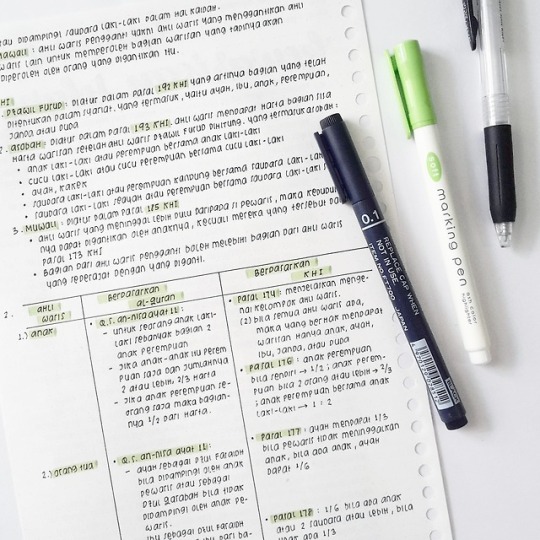
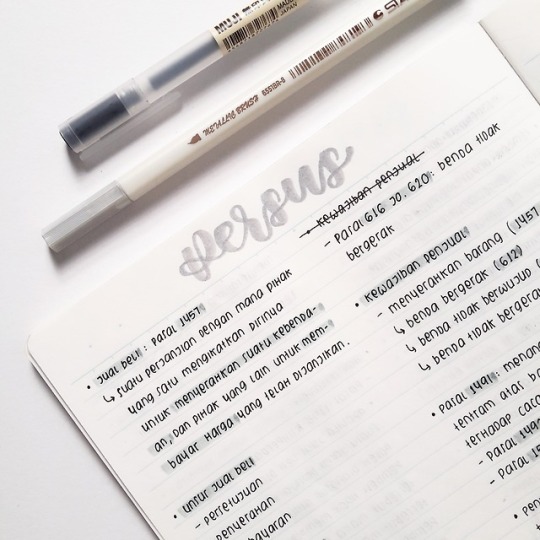
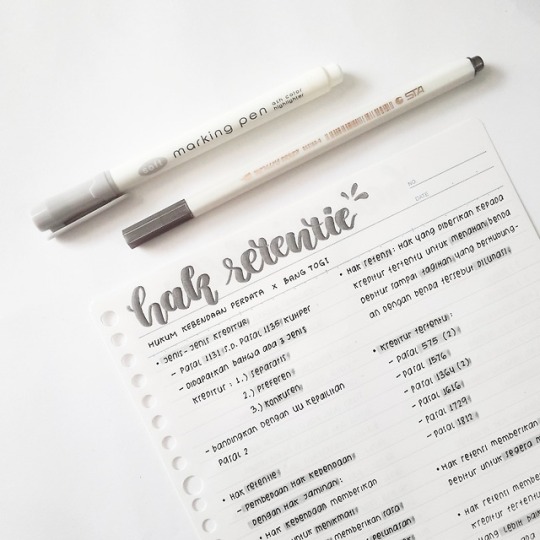

ㅡ one time, I learnt that experience was actually a great achievement.
2K notes
·
View notes
Photo
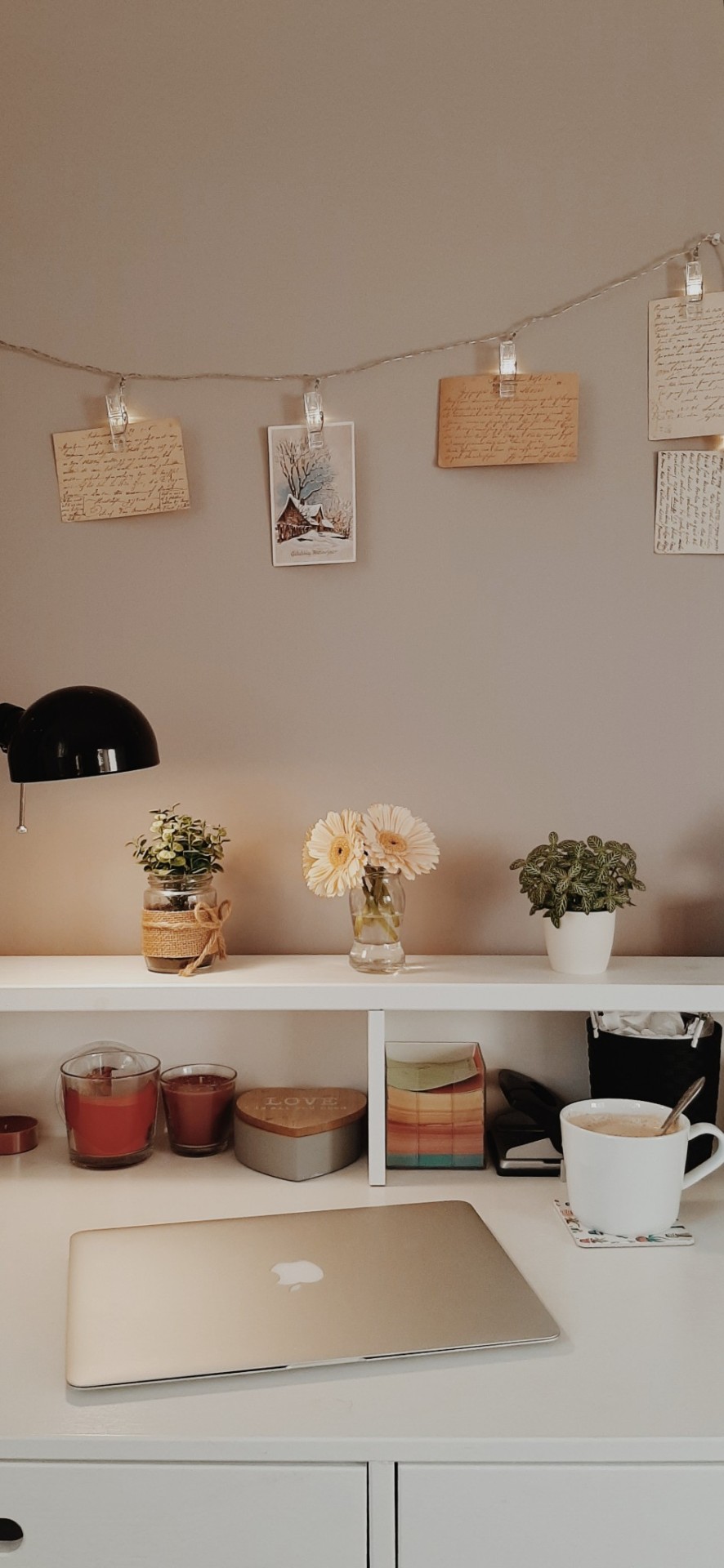
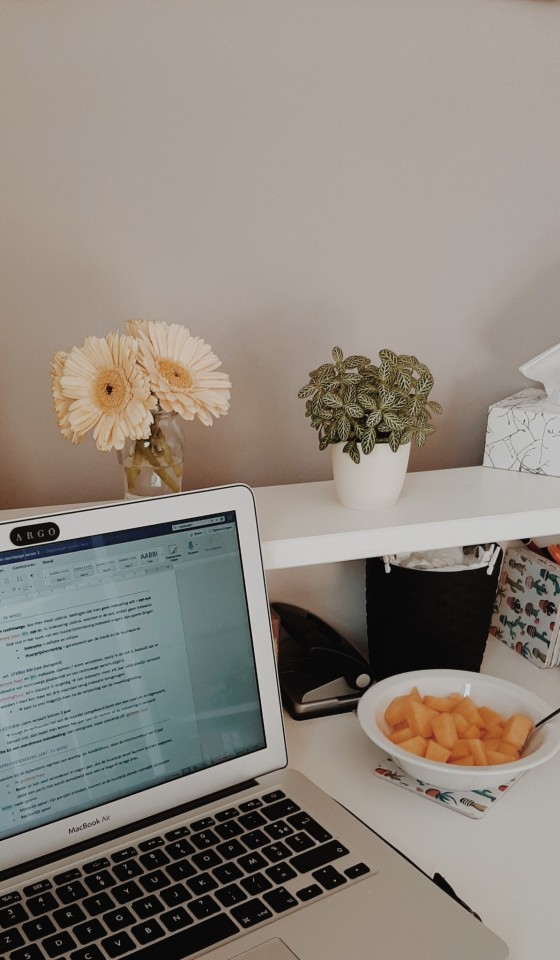
14.04.2020: 48 / 50 days of productivity
i’m having a hard time staying focused today. i try to tell myself having a bad day is allowed and not the end of the world, but i have so much stuff to do. :(
5K notes
·
View notes
Text
Vocabulary from Psycho (Red Velvet)
View the song lyrics with translation and notes here
Watch the official music video here
The tag for “Red Velvet”
Other vocabulary lists

grammar
-ㄹ/을까: (used when asking a question to oneself) “shall I…”, “should I…”
이런: (determiner) like this, such [as this], this sort of…
-이라 (contraction of -이다 and -라고): the thing that.., the fact that…
-대 (contraction of -다고 해요): (way of indirectly quoting someone) “[they] say that…”
-고: and
-인걸 (contraction of -인 것을): (implies protest or regret)
-게: so that, in order to, to allow for, to let
-ㄹ/ㄴ 듯: like, as if, as though
-다가도: (combination of -다가 [expressing that one action occurs after another stops] + -도 [“even though”]) indicates a sudden change of action
-말야 (contraction of 말이야): (1) added for emphasis, i.e. “what I mean is,” “I’m telling you,” “what I’m trying to say is,” etc.; (2) added when one is uncertain, i.e. “if I may say so,” “so to speak,” “as it were,” “that is,” etc.
-지는 않다: (emphasizes a negative fact which may be contrary to one’s expectations)
-ㄹ/을 뿐: just, simply
-게 하다: to make (as in, to influence someone to feel or do something)
-처럼: (indicates a comparison) like, as if
-과/와: and, with
-답다: (turns a word into an adjective; implies that something is “the way that it should be”)
-어/아 보다: (a helping verb that expresses attempting or trying [to experience] something)
-자: (added when suggesting that an action be done together) “Let’s…”
-고 있다: (present progressive tense)
verbs/adjectives
좋다: to be good, nice, fine
심하다: to be severe, harsh, heavy
확실하다: to be sure, certain, positive, confident
별나다: to be strange, peculiar, odd, weird, eccentric
좋아하다: to like, love, be fond of, care for
알다: to know
이상하다: to be strange, unusual, peculiar
부서지다: to destroy, break, shatter
껴안다: to hug, cuddle, embrace, clasp
보다: to see, watch, look, catch sight of
말하다: to say, speak, tell
싸우다: to fight, battle, struggle [against]; to argue, quarrel
웃기다: to make someone laugh
어지럽다: to be dizzy, giddy, light-headed; to be chaotic
슬퍼지다: to fall into sadness
만나다: (1) to meet, see, encounter, come across; (2) to date, see someone (romantically)
오다: to come, to arrive; to turn/show up
이러다: to do this, to act in this way
두렵다: to be fearful, afraid, scared, frightened, terrified
다루다: to treat, handle, deal with
달래다: to soothe, calm down, pacify, comfort, coax
매섭다: to be severe, sharp, harsh, fierce, bitter
발로 차다: to kick with one’s foot
놓다: to release, let go of; to lay down, put in place
아름답다: to be beautiful
슬프다: to be sad, mournful, sorrowful
빛나다: to shine, sparkle, twinkle, gleam
느끼다: to feel, experience, sense
nouns
맘 (contraction of 마음): heart, feelings; mind; preference
첨 (contraction of 처음): first, forefront
조절: control, adjust, regulate
하나: one
마찬가지: being exactly the same, identical; alike, likewise, in the same manner
사이: relationship; (literally) gap, space between
이해: understanding, comprehension, grasp
바보: a fool or idiot
경고: warning, caution (against something)
따위: such things, things like that (typically has a negative connotation)
미소: smile
짓: act, action
달: moon
강: river
adverbs
어쩌면 (conditional form of 어쩌다: accidentally, by chance): how, what; perhaps, maybe, possibly
또: and, also; again, once more
좀: a little, a bit; quite, somewhat
자꾸: repeatedly
잘: well, skillfully; properly, thoroughly
진짜: really, genuinely, truly
그냥: just, simply
너무: so, too [much]
참: really, truly; so, very, extremely
서로: each other, one another; mutually
그리곤 (contraction of 그리고는): and, also, in addition; and then, next; (often used at the beginning of a sentence)
다시: again, once more
막: (1) just; (2) blindly, carelessly, wildly
원래: originally; naturally, by nature
가끔: sometimes, from time to time, occasionally
어떻게 (adverbial form of 어떻다 [to be in what state]): how
마치: (indicates that a positive comparison is being made) exactly the same, as if, just like
그렇게: in that way, to that extent
온몸으로: with every fiber of one’s body
phrases/expressions
안돼 (base form: 안 되다): should not, not supposed to be; not need to, not required to
쥐락펴락하다: literally means “to clasp and unclasp one’s hands around something”; an expression meaning: to lead [someone] by the nose; to completely control [someone]; to have [someone] wrapped around one’s finger, in the palm of one’s hand, in one’s pocket, etc.; to keep [someone] on a string
붙어 다니다: to hang out, stick together; from 붙다 (to stick, adhere, cling) + 다니다 (to go somewhere for a purpose, frequent, attend)
이해가 안 가다: literally, “the comprehension isn’t coming in”; means that one can’t see or understand the point of something
맞아 (base form: 맞다): “That’s right.”
좋아 죽다: to like/love something to death (i.e. so much that you feel like you’d die from it); from 좋다 (to like) + 죽다 (to die)
기운 없다: to be in low spirits, feeling down; from 기운 (energy, vigor, vitality) + 없다 (to be lacking)
어쩔 줄 모르다: to not know what to do; from 어쩌다 (accidentally, by chance, somehow) + -ㄹ/를 줄 모르다 (indicates that one doesn’t know how to do an action)
204 notes
·
View notes
Text
#1 Japanese Writing Club with Moto -はるき!
Join me in the ‘Japanese Writing Club with Moto” here.
Redditへそこの部見るとき楽しいとおもいました!
Q: ハイテクショッピングカートを導入するには結構お金がかかりますよね?小さいスーパマケットにも導入できますか?
A: 難しいと思いますが、もし政府が資金提供をしてくれる場合、できると思います
#nihongo#challenge#nihongo renshu challenge#practice japanese#100 days of productivity#learn jp with haruki#haruki#day0#studyblr#langblr#japanese langblr#japanese writing club#japanese writing club with moto#shoutout to my friend for reading my work h#i broke her brain today#ily senpai
6 notes
·
View notes
Text
日本語練習チャレンジ!
こんにちはみんな~
今日から私は日本語を話せること、書きことをゴールにして練習をします!
だから、毎日ここで投稿したいです!
もし何もの間違いがあったら、知らせてくださいね~
私の日本語はとまだそんなに上手くないのでごめんw
他に日本語を学べるリソースがあったらおしえてください!
ありがとう!!
~はるき
#nihongo#challenge#nihongo renshu challenge#practice japanese#100 days of productivity#learn jp with haruki#day0#studyblr#langblr#japanese langblr
9 notes
·
View notes
Photo
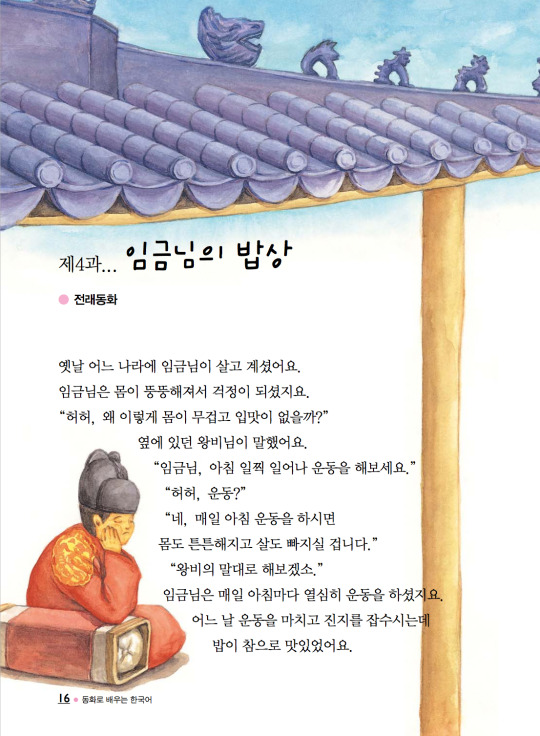


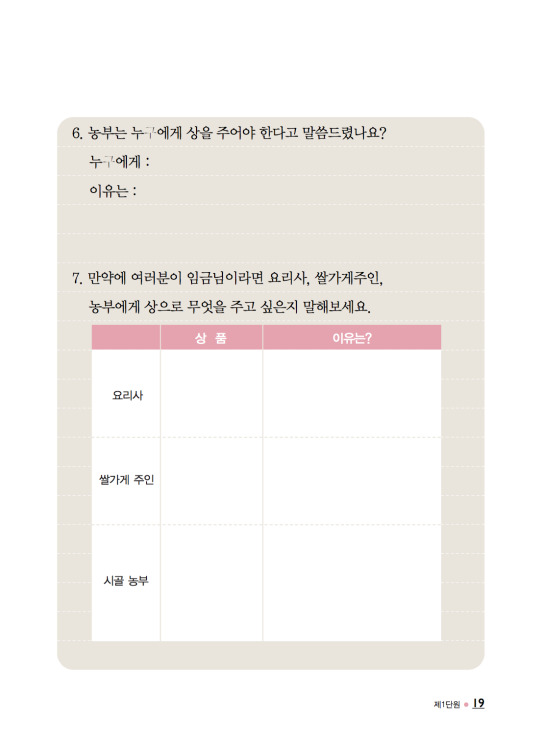
Korean Reading Practice - 동화로 배우는 한국어
제4과 - 임금님의 밥상
69 notes
·
View notes
Text
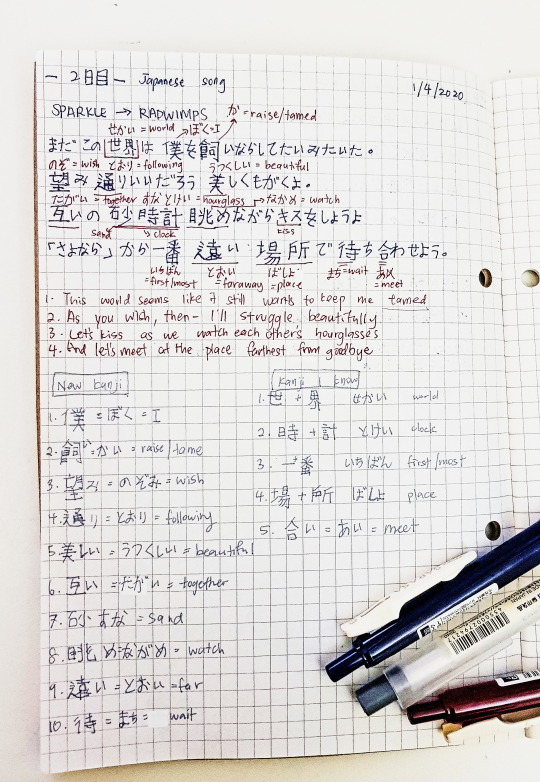
day 2/30 japanese challenge 「Listen to a song in Japanese」
Since i already listen to Japanese songs on a daily basis, i spiced it up a bit by trying to write and understand the lyrics! I intially aimed to do the whole song but i struggled with just 4 sentences so here is that... alot of new kanji that i didnt expect to learn w
looks messy but thats my aesthetic heh :')
Onto the next day~!
[30 Day Japanese challenge by @study-co-jp ]
#studyblr#2020#langblr#100 days of productivity#notes#japanese langblr#study japanese#learning japanese#japanese phrases#30 day japanese challenge#my notes#sparkle#radwimps#learning kanji#coming up with tags is quite tiring
54 notes
·
View notes
Text


Finally attempting the 30 day japanese challenge by @study-co-jp !!
day 1/30 「Write a letter to your future self」
On the right is some corrections on the grammar from my dear friend.
Hope i can go strong in this!!
#30 day Japanese challenge#nihongo#studyblr#study notes#study blog#study#study japanese#langblr#japanese langblr#language#100 days of productivity#diary writing#study with me#writing#lets goooooo#day 1
16 notes
·
View notes
Text
30 day japanese challenge
i wanted to start a little thing to keep myself motivated over break but i thought why not share it with everyone? i’m going to keep a journal of my progress so i can see how far i’ve come in 30 days!
day 1: write a letter to your future self in japanese. talk about what you want to accomplish and how you plan on bettering yourself during this challenge
day 2: listen to a song in japanese. what did you like about it? what didn’t you like?
day 3: write a letter to a friend you haven’t talked to in a while.
day 4: brush up on some basic skills. study some hiragana and katakana! try to write the alphabets from memory!
day 5: learn 5 new words and the kanji for them
day 6: describe your family.
day 7: write about your pets! if you don’t have any, write about your favorite animal!
day 8: record yourself talking in japanese. listen to it and make notes on your pronunciation!
day 9: write out your daily routine.
day 10: learn 10 new words and the kanji for them
day 11: write about the weather today.
day 12: watch a show or a movie in japanese (with or without subtitles) and write a review about it
day 13: write about your favorite season.
day 14: talk out loud in japanese for at least 5 minutes.
day 15: learn 15 new words and the kanji for them
day 16: talk about your favorite holiday and what you like about it!
day 17: write about your day in more than 5 sentences.
day 18: learn about a japanese tradition
day 19: look around at the room you’re in. write down 10 objects you see.
day 20: learn 20 new words and the kanji for them
day 21: write a summary of your favorite book.
day 22: listen to a japanese podcast.
day 23: write a poem.
day 24: translate your to-do list. if you don’t have one, make one!
day 25: learn 25 new words and the kanji for them
day 26: describe your room
day 27: write about your favorite place to eat. if you don’t like to go out, describe your favorite food!
day 28: learn a japanese children’s song.
day 29: write about something that makes you happy!
day 30: read the letter you wrote to yourself on day 1. write about what you accomplished throughout this challenge and write about how it helped you and what you can do to practice japanese every day!
if you want to do this challenge i would love for you to tag me in it! feel free to change up the order of the days or even add your own prompts to the list!
645 notes
·
View notes
Text

There is a solar eclipse tomorrow (12/26) so I wanted to enlighten myself with some new volcabulary!
日食 (nisshoku) = solar eclipse
月食 (gesshoku) = lunar eclipse
I find it funny because the kanji literally means sun + meal, and a solar eclipse is when the sun is blocked by the moon.
Now i dont think i will forget these words :^)
#japanese langblr#nihongo#japan#new vocabulary#study with me#100 days of productivity#langblr#solar eclipse#lunar eclipse#educational#motivation#study space#studyinspo#also im finally done with my exams thank god#except i have a japanese exam next week#work work work
111 notes
·
View notes
Text
inactive now, will be back by end of dec 2019 or early jan 2020!
#sorry university is so hectic#miss this place#ill be on Twitter if you need me @haruwukii#follow my main acc ;) stuidy
2 notes
·
View notes
Photo

Expressing Your Emotions || 感情・かんじょう・Emotions
Hey guys, today I’m going to list a couple different ways to express your emotions or feelings in conversation in Japanese!
Adjectives・形容詞「けいようし」:
Amazing・凄い・すごい
Afraid・こわい
Bad・悪い・わるい
Difficult (emotionally)・辛い・つらい
Embarrassed・恥ずかしい・はずかしい
Fun・楽しい・たのしい
Happy・嬉しい・うれしい
Jealous・羨ましい・うらやましい
Sad・悲しい・かなしい
One adjective which might appear often in conversation is the word 「ヤバい・ヤバイ・やばい」which can be used to express a few different emotions depending on the context. I’ve heard it used to express both positive and negative emotions/feelings/thoughts like: dangerous, terrible, crap, awful, amazing, wow, cool.
Nouns・名詞「めいし」:
Anger・怒り・いかり
Delight/Joy・喜び・よろこび
Emotions・感情・かんじょう
Feelings・気持ち・きもち
Feeling/Mood・気分・きぶん
Happiness・幸せ・しあわせ
Sadness・悲しみ・かなしみ
Examples・例「れい」:
Below I’m going to list a few examples of how to express your feelings in Japanese. It’s important to know that you don’t have to use 私は/僕は/俺は/etc. before stating your feeling because it’s obvious in the context that you’re expressing your own emotions!
Angry・Annoyed -
ひどい!・You’re awful/mean OR That’s awful!
ひどーーい!・You’re aaaawful! OR That’s aaaawful!
ムカつく!・むかつく!・I’m pissed off.
イライラする!・I’m irritated!
ウザイ・Annoying!
ちぇっ・チェ・tsk/Dang/Shoot
Confused -
どうしよう?・What am I gonna do?
Difficult -
辛い・つらい・It’s hard.
きつい・It’s hard.
Embarrassed -
あー、恥ずかしい!・あー、はずかしい!・I’m so embarrassed!
Happy -
嬉しい!・うれしい!・I’m happy!
嬉しいなあ!・うれしいなあ!・I’m so happy!
あー幸せ!・あーしあわせ!・I’m so happy!
やった〜!・Yay!
イェーイ!・Yaaay!
楽しい!・ How fun!
楽しすぎる !・Way too fun!
ワクワクする !・I’m getting excited!
わあ!・Wow!
すごい!・Wow/Great!
すごーい!・Woow!
すげえ!・Wow!
Jealous -
羨ましい!・うらやましい!・I’m jealous!
羨ましい―――!・うらやましいーーー!・I’m soooo jealous!
Nervous -
ドキドキする!・I feel nervous!
緊張する!・きんちょうする!・I’m nervous!
不安になる・ふあんになる・I’m anxious
Nostalgic -
懐かしい!・なつかしい!・This brings back memories.
Relieved -
安心した!・あんしんした!・I feel relieved.
よかった!・Whew!
あー、よかった!・I’m relieved!
Sad・Lonely -
���しい!・かなしい!・I’m sad
泣きたくなる!・なきたくなる!・I feel like crying!
寂しい・さみしい/さびしい・I’m lonely
あーあ…・Oh well…
くすん・ぐすん・Sniffle
Scared -
びくびく・Symbolises being afraid or timid.
こわい!・I’m scared!
Shocked・Surprised -
うそ!・No way!
マジ?・まじ?・Really/No way/Seriously?
マジかー?・まじかー?・Really/No way/Seriously? (a little masculine)
マジで?・まじで?・Really?
えーー!うそ、マジで!?・What? No way!
え!・What?/Really?
えー!・What?/Really?
えーーっ!!・What?/Really?
うわー!・OMG
いや・イヤ・Why?/Oh
いややあー・Whyyy?
ありえない!・No way!/I can’t believe it!
信じられない!・しんじられない!・I can’t believe it!
皆さん、今どんな気持ち?
Everyone, how are you feeling right now?
7K notes
·
View notes
Text
🌼how to restart learning a language🌼
i’ve recently gone through a language break, taking 5 months out to reassess my future. i really want to get back to learning Japanese, so here are my tips for restarting that language you might have been neglecting!
reassess your goals. its likely that if you’ve taken an extended break, your life has changed a little and there may be some new priorities taking over. reassess what you want to get out of restarting your language journey so it’s easier to plan around your day
make small targets that can be reached easily. for a short while, you’ll have to work hard to get your head back into the swing of learning a language. making small goals can really up your productivity because you wont be discouraged by big expectations at first!
slowly immerse yourself. immersion is widely known as a good supplement to your language learning. while you’re in the early stages of relearning a language, it’s really fun to start rewatching that subbed anime you lost track of, or listen to that spanish band you loved so much. it will help your brain get back ‘into’ the language, and you’ll have fun along the way!
revisit your notebooks. if you’re anything like me, you have a ton of notebooks and stacks of random note paper lying around untouched since you dropped out of your language. do your best to collect them up, sort through the useful stuff and then, get a blank notebook and rewrite all of your notes. your brain wont have forgotten everything but starting a new notebook will give you incentive to learn, as well as solidifying the information you already learnt!
take it slow. your brain is a muscle that needs exercising. if you havent been using your language brain for a while, don’t try and run a marathon without training first! there’s no rush. your journey is yours, and yours alone. take it as slow as you need to to start learning your language again and get back into the studying swing of things
🌼good luck on revisiting your language journey!🌼
#needed this#im going to wait to finish my exams and restart my language journey#i want to feel happy doing the things i love#sigh
6K notes
·
View notes





